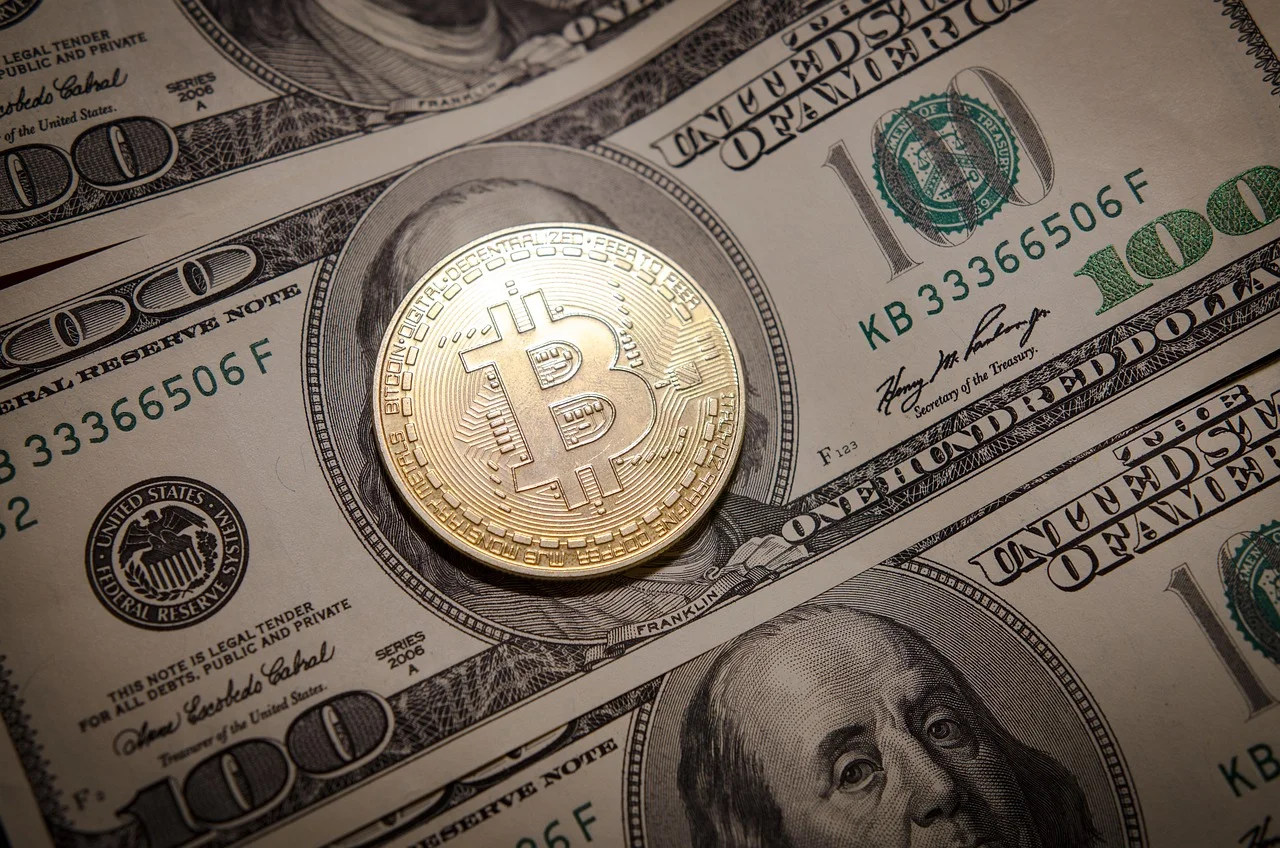An exchange is an online platform that facilitates the transaction, purchase, and sale of financial assets, such as digital currencies, stocks, commodities, bonds, and other financial instruments. I will describe the typical functioning of an exchange, with a focus on cryptocurrency exchanges, which have gained popularity.
- Registration: To initiate the use of an exchange, users usually need to sign up and create an account. This typically involves providing personal information and undergoing an identity verification process.
- Deposit of funds: After registration, users need to deposit funds into their exchange accounts. This can be done through bank transfers, credit cards, debit cards, or other payment methods accepted by the exchange.
- Asset selection: Once the funds are available in the user’s account, they can select the assets they want to trade. In cryptocurrency exchanges, this may include Bitcoin, Ethereum, Litecoin, and other digital currencies.
- Placing orders: Users can place buy or sell orders for assets. There are various types of orders, such as market orders, limit orders, and stop orders, which determine how the trade will be executed.
- Matching of orders: The exchange acts as an intermediary, matching buy orders with sell orders. When there is a match, the transaction is executed.
- Secure storage: Exchanges typically keep users’ assets in secure digital wallets. This is particularly relevant for cryptocurrencies, which are stored in digital wallets.
- Withdrawal of funds: Users can withdraw their funds from the exchange at any time. This involves transferring the assets back to their own wallets.
- Fees: Exchanges usually charge fees for each transaction, deposit, or withdrawal. These fees may vary depending on the exchange and the type of operation.
- Security: Security is a critical concern at exchanges, especially in the context of cryptocurrencies. Many exchanges implement security measures such as two-factor authentication and cold storage to protect users’ assets.
- Regulation: In some jurisdictions, exchanges may be subject to regulations and must comply with specific legal requirements, such as Know Your Customer (KYC) and Anti-Money Laundering (AML) to prevent illegal activities.
It is essential to note that exchanges can vary significantly in terms of functionality, security, and supported assets. Therefore, it is advisable to conduct thorough research and select a reliable and suitable exchange to meet trading needs. Additionally, it is crucial to understand the risks associated with trading financial assets before using an exchange.

